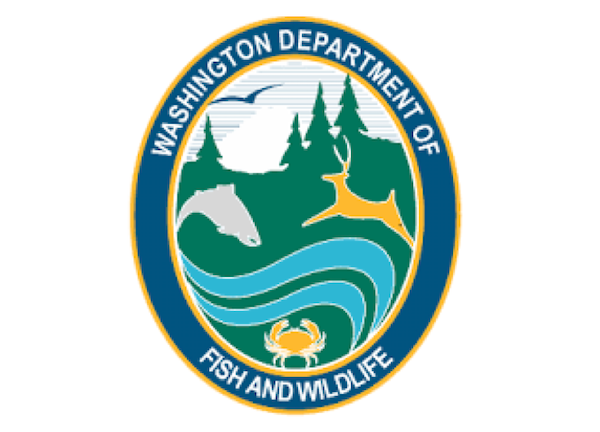Idaho Fish Report
Researchers will use drone to count spawning salmon nests in Upper Wenatchee River watershed
by WA Department of Fish & Wildlife Staff
8-24-2021
Website
EPHRATA – From September through November, the Washington Department of Fish and Wildlife (WDFW) will partner with Washington State University (WSU) on a research project to use drone technology to advance conservation efforts for summer Chinook salmon.
A drone will be used to identify and inventory salmon spawning nests, called redds, in three areas of the Upper Wenatchee River watershed. Those areas include near Tumwater Campground, Blackbird Island (near Leavenworth), and a lower Wenatchee site (near Dryden). In addition, scientists will also conduct surveys on foot and by boat.
High resolution photos and video from the drone will help identify spawning locations and habitat characteristics. Redd abundance and distribution are common metrics used to monitor and evaluate the status and trend of adult salmon populations.
“Using a drone can provide improved data for more accurate population forecasting,” said WDFW Region 2 director Brock Hoenes “It may also prove less expensive and labor intensive than manual count methods used in the past.”
This research is a part of Daniel Auerbach’s PhD dissertation at WSU’s School of Environment. Auerbach, a staff member of WDFW fish program, will be the sole pilot for all drone flights and is working in coordination with WDFW’s Katy Shelby, who leads research efforts in this area.
During this project, drone flights will take place daily September through November for approximately an hour at a time. Flight times will be determined by conditions but generally between 8 a.m. and 4 p.m. Photos and video will be taken of the river only, not surrounding areas. Most surveys will take place on public land and flying over private land will be avoided when possible. Flight plans and procedures will be carried out in accordance with all federal and state regulations.
The Washington Department of Fish and Wildlife is the primary state agency tasked with preserving, protecting and perpetuating fish and wildlife and ecosystems, while providing sustainable fishing and hunting opportunities.

